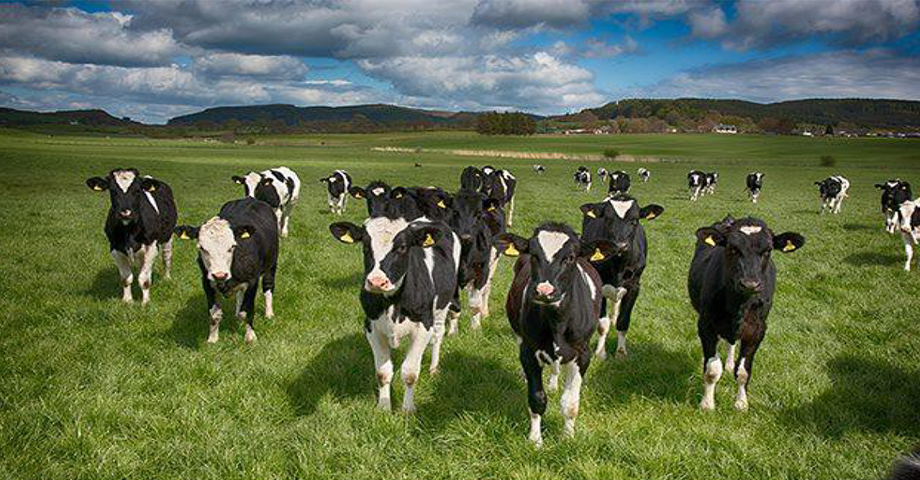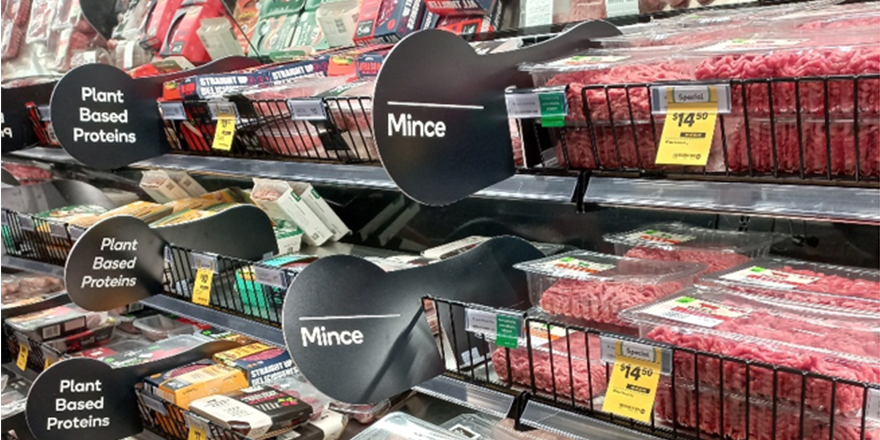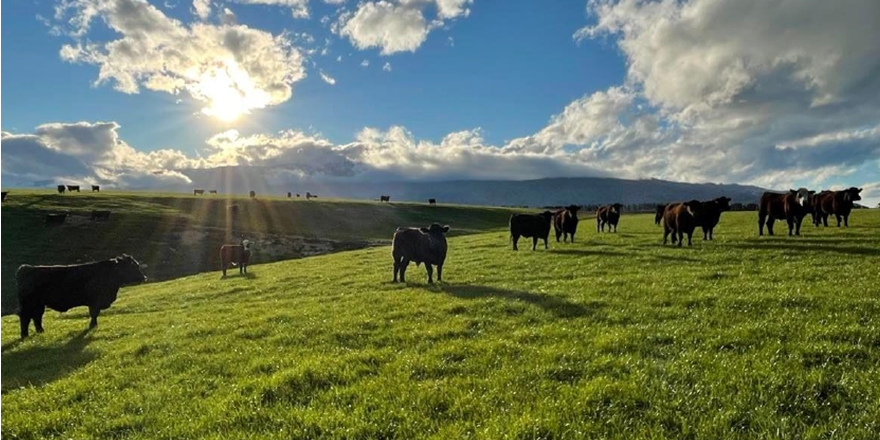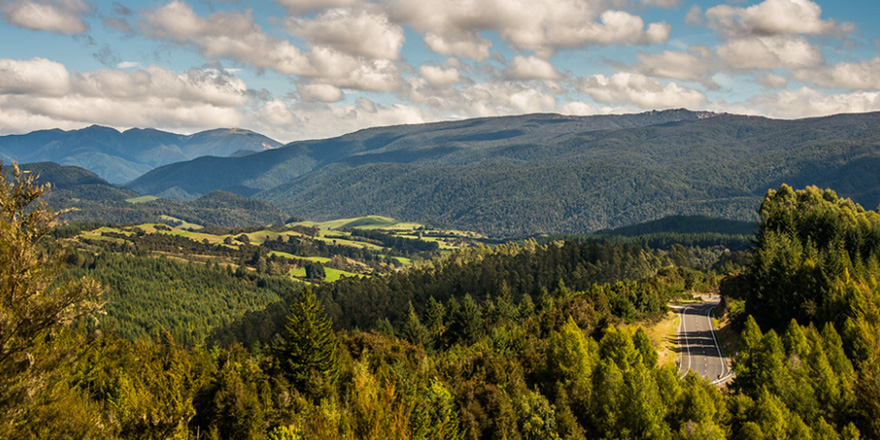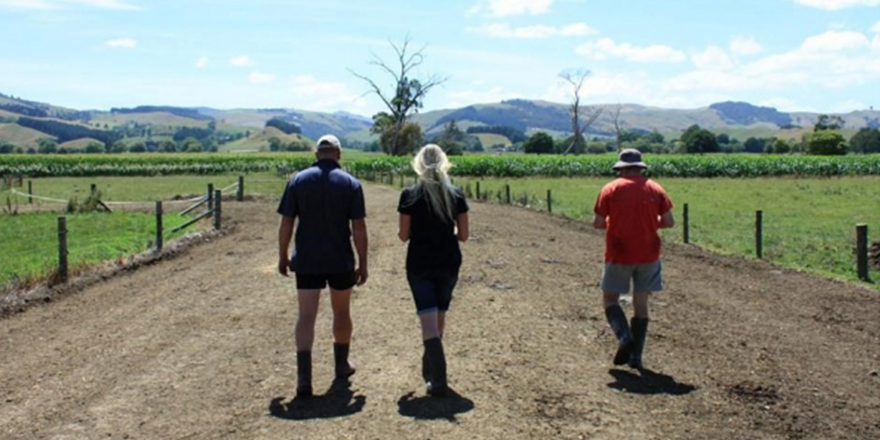
Executive Summary
There is something special about owning a piece of land and providing high quality nutritional produce to the world. Farmers are dedicated to their jobs and work every day to put food on people’s plates. This commitment is vital to sustain the growth of the world’s population and address continuous change, be it market, technical, disease or environmentally driven. The challenge is to grow the agricultural industry and keep entry points open, to allow the next generation to attain farm ownership.
The aim of this project is to investigate what options there are for younger farmers to grow their equity within the agricultural industry, rather than investing in external options, and enable them to get a foot in the door to farm ownership.
From my discussions with farmers, rural professionals and business owners outside the agricultural industry, there is a sense that it is harder than it has ever been to buy a farm, but it is still possible. For those people wanting farm ownership, they felt this could still be achieved through hard work, embracing opportunities and a bit of luck. Generation Y and Z have a different view to the traditional mindset about the pathway that may lead them into farm ownership. In the past, this has typically involved hard physical graft, but for Generation Y and Z, they are looking for more than just physical ownership.
Generation Z, who are being raised in a fast-paced continually changing world, want to develop skills that are transferable between industries so they are not confined to the same job for many years. For this generation, while farm ownership may limit their diversity of skills, they also want the security and stability, which can be achieved by owning a farm.
However, there are also some in Generation Z that have full autonomy in their farming role and, because they view themselves as guardians of the land for a limited time, they do not see the need for farm ownership to achieve their goals.
A significant issue that the agricultural industry is facing, is to create a vibrant industry that attracts and retains the next generation in farming. Without a diverse and exciting industry that allows progression within the farm gate, Generation Z will look to other industries that can fulfil their needs. Losing this resource will also have a direct impact on farm profitability.
From the discussions held with farmers and rural professionals, the model that appears to work best for all parties in the long term, and particularly Generation Y and Z, is equity partnerships. For Generation Y and Z it meets their desire for flexibility and provides a variety of structures and options for entry and exit. It enables a holistic approach as both parties are working towards the same goal. The advantages of equity partnerships are that they share the capital gain equitably, enables tax to be offset against capital improvements, and it is easy to change the proportion of shareholders holdings. There was also a view from rural professionals that, operational shareholders need opportunities to grow their equity in the farm. Given the cost of changing management of operational shareholders, this may be cheaper in the long term if existing managers are financially rewarded. Staff stability will enable the business to achieve higher targets because all the shareholders are aligned with common business goals. There are different ways an equity partnership can allow operational shareholders to do this, for instance rearing livestock, diversification of land use or farm profit performance-based shares. This in turn allows the next generation to grow their equity, and provide more opportunities for retiring farmers to sell their land.
New Zealand farmers are well known for their “kiwi ingenuity” and the challenge of getting into farm ownership from scratch is just another hurdle that can be overcome with creative thinking and support. In order for farms to remain in New Zealand ownership, it is important to work with young people, give them a vote of confidence, guidance and financial opportunities to pursue farm ownership in a way that is meaningful for them and allows them to meet their goals.

